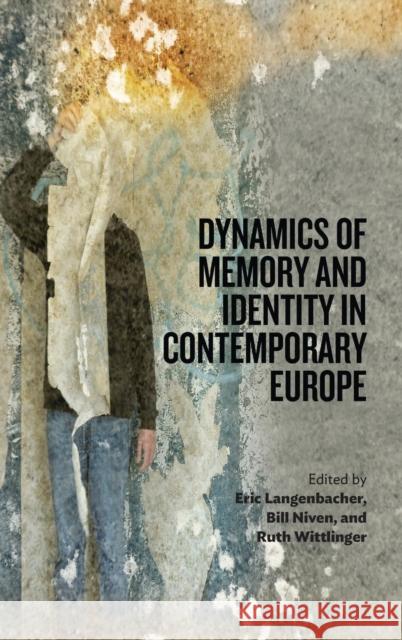Dynamics of Memory and Identity in Contemporary Europe » książka
Dynamics of Memory and Identity in Contemporary Europe
ISBN-13: 9780857455772 / Angielski / Twarda / 2013 / 248 str.
Dynamics of Memory and Identity in Contemporary Europe
ISBN-13: 9780857455772 / Angielski / Twarda / 2013 / 248 str.
(netto: 484,12 VAT: 5%)
Najniższa cena z 30 dni: 498,70
ok. 22 dni roboczych.
Darmowa dostawa!
The collapse of the Iron Curtain, the renationalization of eastern Europe, and the simultaneous eastward expansion of the European Union have all impacted the way the past is remembered in today's eastern Europe. At the same time, in recent years, the Europeanization of Holocaust memory and a growing sense of the need to stage a more "self-critical" memory has significantly changed the way in which western Europe commemorates and memorializes the past. The increasing dissatisfaction among scholars with the blanket, undifferentiated use of the term "collective memory" is evolving in new directions. This volume brings the tension into focus while addressing the state of memory theory itself.
The collapse of the Iron Curtain, the renationalization of eastern Europe, and the simultaneous eastward expansion of the European Union have all impacted the way the past is remembered in today’s eastern Europe. At the same time, in recent years, the Europeanization of Holocaust memory and a growing sense of the need to stage a more “self-critical” memory has significantly changed the way in which western Europe commemorates and memorializes the past. The increasing dissatisfaction among scholars with the blanket, undifferentiated use of the term “collective memory” is evolving in new directions. This volume brings the tension into focus while addressing the state of memory theory itself.











